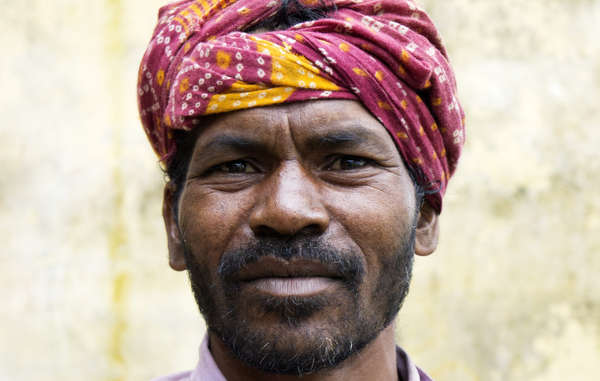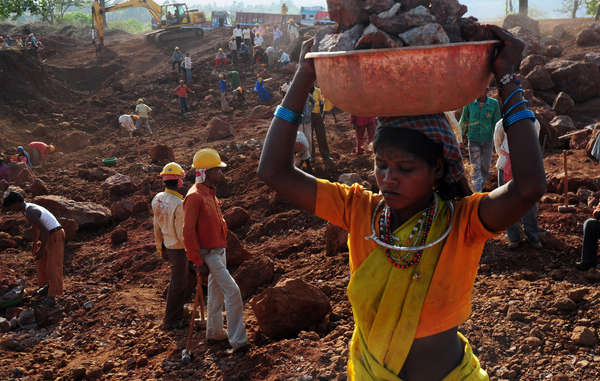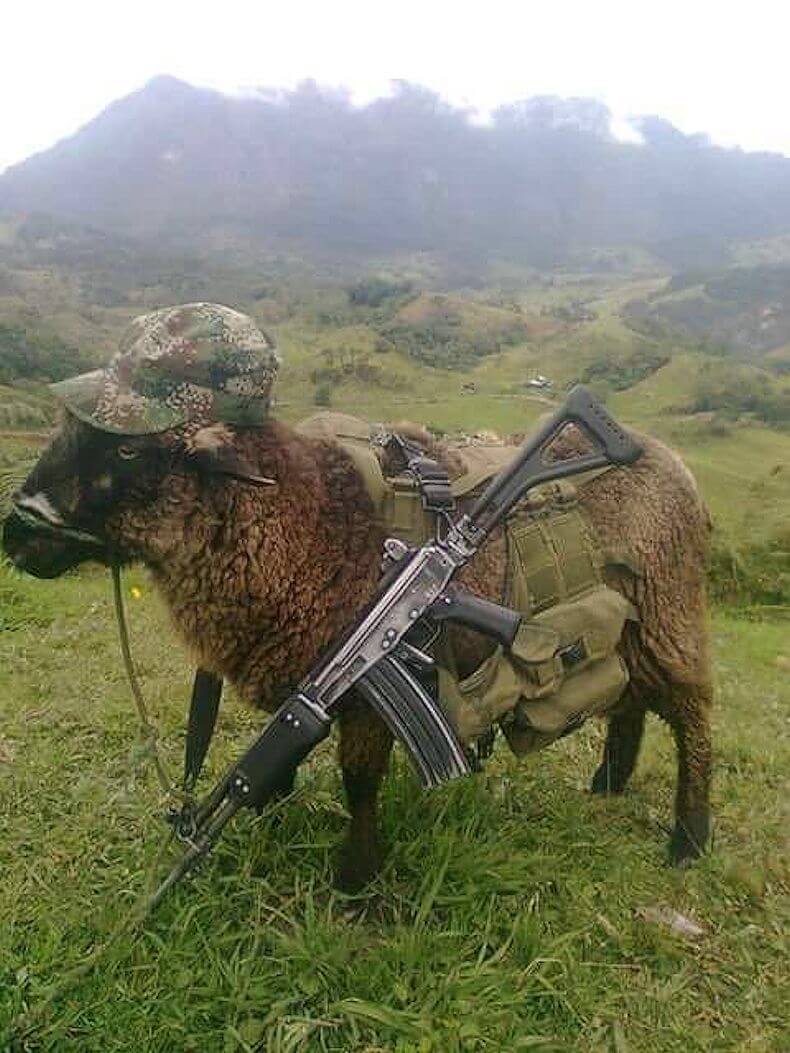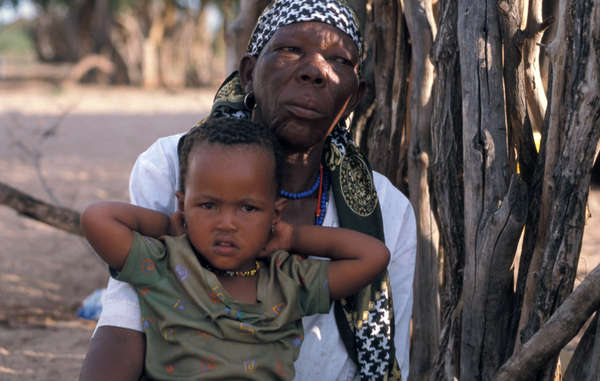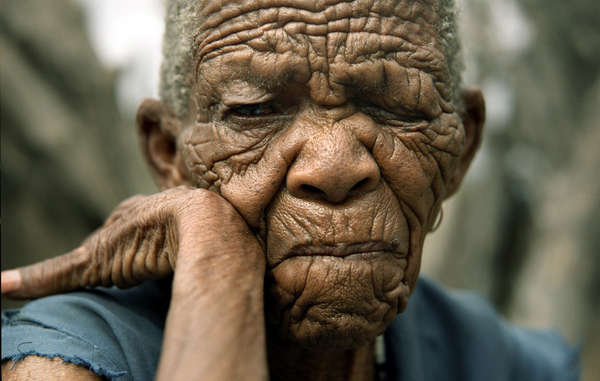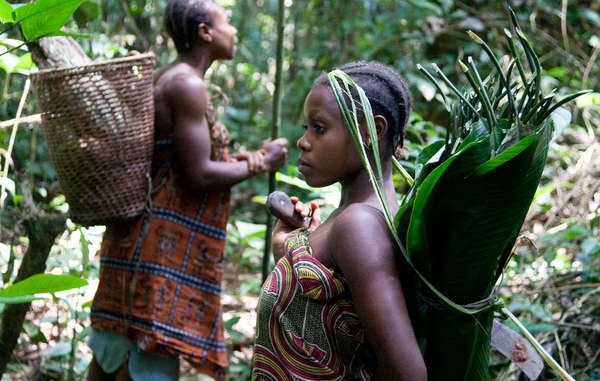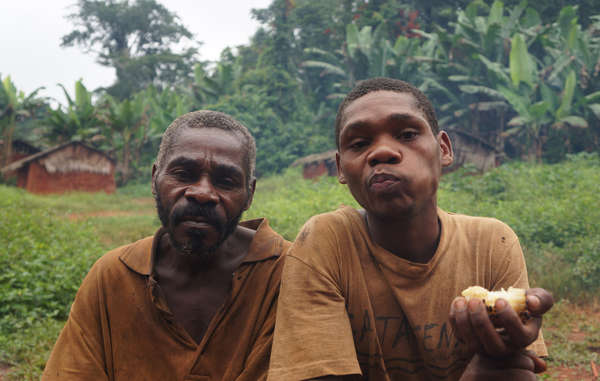This is the second installment of “The Guardians of Mother Earth,” an exclusive four-part series examining the Indigenous U’wa struggle for peace in Colombia.
Nestled below the snow-capped mountains on the eastern cordillera of the Colombian Andes is the town of Güicán, known internationally to hikers as the gateway to Colombia’s magnificent Cocuy National Park. To the east of the mountain range the impenetrable tropical vegetation provides cover from air strikes for the guerrilla armies along the Venezuelan border. On the western border of U’wa territory the vegetation disappears with the altitude into a vast network of Andean peaks, valleys, and pristine wetland ecosystems called paramos.
It was here late last year during the October 25 municipal elections when the mountains surrounding Güicán became the scene of an ELN ambush resulting in the deaths of one policeman and 11 soldiers from Colombia’s High-Mountain Battalion. The battalion had left the U’wa resguardo at 3am and marched down a narrow mountain trail while carrying 130 votes cast by the remote indigenous communities of Bachira when they stopped to rest only to come under fire from rifles and guerilla rocket-launchers called “tatucos.” The sergeant leading the group communicated back to base that his security detail of 34 soldiers and two policemen charged with protecting delegates from the voting commission as well as an indigenous U’wa guide were under attack when radio contact was lost.
A coordinated air and ground assault was launched by the Colombian military to rescue the survivors and recover the bodies at an altitude of 9,842 ft where the tough mountain terrain makes helicopter access difficult. Two police were found wounded but alive while two soldiers as well as the U’wa guide and the civilians from the voting office remained unaccounted for as the ELN disappeared into the mountains. Vladimir Moreno, an indigenous U’wa leader, told El Tiempo there was no precedent for such violence in the region and that historically the guerillas had never interfered with the votes of local U’wa. “This is a peaceful community,” he said.
“We will request from national and international organizations to demand that the armed actors in the resguardo withdraw,” Moreno told Caracol Radio, “and we also demand from the Ministry of Defence that the Army clears out of the area within the resguardo because this has violated international humanitarian law.”
The incident, which was the most violent confrontation between the ELN and the state military since peace negotiations between the FARC and government started three years ago in Havana, resulted in the consequent militarization of U’wa and rural communities across the western border of the resguardo.
Now, six months later, Güicán is the epicenter for a non-violent U’wa mobilization: for the last few months the indigenous community has blocked the entrances of the Cocuy National Park. “The U’wa Nation is the Guardian of Mother Earth and from now into the future we will not permit tourism into the national park,” Yimy Aguablanca, an indigenous leader from Güicán, told IC on March 21, 2016. He added that tourism is affecting the water and the entire eco-system around the park and that non-indigenous rural people have joined the protest.

An U’wa Indigenous Guard. Photo: Tatiana Vila Torres / Kinorama Copyleft
The scarce facilities like rubbish bins and toilets in the state-run park mean some of the trails are littered with trash and visitors are forced to defecate beside the mountain streams that supply drinking water for surrounding communities. Outrage over the poor administration of the park was further inflamed in February when a charity match of high-altitude soccer was broadcast over YouTube. The match took place on the glacier of the U’wa’s sacred mountain Zizuma, the resting place of their divine beings. Known as Mount Cocuy in Spanish, an estimated 90 percent of Zizuma’s glaciers have disappeared in the last 150 years due to climate change. What little ice there is left is receding at a rate of 25 meters per year.
“Today we cry as our Zizuma is condemned to disappear,” went out the U’wa Communiqué that was broadcast through social media. Yimy Aguablanca said this latest mobilization of the U’wa will not stop until the state hands over administration of the park to the U’wa. So far, their calls for a direct dialog with the Minister of Environment have been ignored. The Constitution of 1999 allotted 220,275 hectares for the U’wa but this is a fraction of their ancestral lands, which once included the Cocuy National Park and areas rich with oil and gas reserves, which were conveniently left out of the agreement by the Colombian government.
In 2015, the U’wa High-Council made up of indigenous leaders from different communities across their territory, approved the creation of the Indigenous Guard. These guardians are responsible for territorial control and defense, and while unarmed, they have a mandate to ensure that no one enters the reserve without authorization, especially technical staff like geologists. The decision to form the Indigenous Guard came in response to an event in May 2014, when the U’wa detained functionaries from the company ENCOMINING who were in the Campo Hermoso region of their territory attempting to take coal samples. The importance of the current mobilization around the Cocuy National Park to not just the U’wa but also non-indigenous rural communities in the region is evident by the fact that rural farmers are now standing side by side with the Indigenous Guard to block all entrances to the park.
“Today when we look at our rights over our territory it is not the same as that of our ancestors,” Berito told IC. “It has been exploited, violated, distributed, but still even now we must always protect the water, the animals, and the forests.”
It was during ‘la Violencia’ — a dark period in Colombian history that began in 1948 — when the borders of the U’wa Nation’s territory were first reduced as thousands of refugees fleeing conflict from other parts of the country settled on the fertile banks of the Arauca. Instead of seeing enemies that needed to be vanquished, the U’wa saw victims worthy of compassion and retreated further into the mountains. Over the next 10 years, 200,000 people were killed as the civil war engulfed the country. La Violencia was eventually resolved by a power-sharing agreement in 1958 that turned Colombia into a dictatorship and consequently set the stage for a Marxist guerrilla insurgency against the central government.
Since 1964, another 260,000 people have been killed in the current incarnation of the Colombian armed conflict, and the war-torn provinces of Arauca, Casanare, Norte de Santander and Boyacá that overlap U’wa territory have become some of the most violent and militarized states in the country. In the north of U’wa territory in Norte de Santander, when word spreads of the Colombian army’s proximity, U’wa men race back from the fields to their families so the women are not alone in their homes.
To the south of the Cocuy National Park in Boyacá province, land that once belonged to the U’wa and is still considered sacred by their people has been violated by turning it into a permanent military base to defend nearby petroleum wells from five divisions of the FARC’s formidable Eastern Block and the heavy concentration of ELN fighters in Arauca and Casanare.
Although U’wa territory falling within the borders of the national park is protected from mining under the constitution, the proximity of these intense large-scale petroleum and gas exploitation projects has greatly affected the region’s fragile and delicately interconnected ecosystems. The Andean paramos that make up much of the terrain in the south and west of U’wa territory as well as the national park absorb water like giant sponges before releasing it into the rivers that nourish all life in the cloud forests on the eastern edge of the cordillera and the vast wetland Savana called Los Llanos that stretches thousands of miles into Venezuela.

An U’wa bi-lingual teacher named Jose Cobaria sharpens his machete in the unusually dry Cobaria river. “The government invests all of its money in guns and war not education and health.” Photo: Jake Ling
These rivers are symbols of spiritual purity in U’wa cosmology, but a severe drought engulfing the region caused by overzealous mining in the Andean paramos, climate change and El Niño has turned these once mighty tributaries flowing through the U’wa ancestral lands into stony creek beds. To make matters worse, the once crystalline waters they carried from the snow-capped peaks and glaciers of the Sierra Cocuy and Güicán have been infected with a parasitic worm that stunts the indigenous children’s growth and swells their bellies, leaving them malnourished and lethargic while depleting their immune systems.
A dose of antibiotics from Cubará hospital can control the worm, but many indigenous families cannot afford the journey down the mountain to the town for a doctor’s prescription. Those that can make the trip to purge their children’s stomachs find out that after drinking one glass of water the worm is back. “We have to defend our health,” Berito told IC, “and this means examining the exploitation and contamination of the water which has cast a shadow over the rivers.”

“U’wa locals say the drinking water didn’t used to make them sick and that the parasitic worm which has recently contaminated the water supply severely affects indigenous children, swelling their stomachs and leaving them malnourished.”
Further up the mountain, 50-year-old Kuiuru Kobeua has worked 8 hours a day for the last 14 days planting seeds on a small plot carved out of the forest to make sure his wife and three children do not go hungry come harvest. Two months ago, when his test for tuberculosis in Cubará hospital turned out negative, he was sent home with a packet of Ibuprofen. Two months later, he has trouble talking between violent coughs and the constant need to clear his phlegm-filled throat and lungs. He can barely afford another trip to Cubará and fears being turned back home again with nothing but another packet of painkillers. Meanwhile, the cough is not going away and he feels increasingly weak.

Until the Colombian government establishes a Tuberculosis Clinic in Cubará, the town’s under-resourced health clinic is unable to properly identify or treat the disease such as in the case of Kuiuru Kobeua, who was sent home from the hospital with nothing but painkillers. Photo: Jake Ling
“To prevent such cases of tuberculosis,” Yimy Aguablanca said, “we need to recognize and tell the world that the actual health policies of this government do not guarantee that our U’wa brothers are protected from the disease.”
On the other side of the U’wa’s ancestral territory the Earth First Journal reports that there are not enough seats for the patients in the tin-roofed off-the-grid medical clinic in Chuscal and that some of the sick are sprawled on the cracked floor tiles. Diseases such as tuberculosis, dysentery and leishmaniasis, a parasite spread by sandflies that attacks people’s internal organs, are rife. “We’re short of everything,” Eusebio Carceres, the head nurse at the isolated healthcare outpost, told Earth First. “Antibiotics, vaccines, lab equipment – we’re even short of clean drinking water because the oil spills have poisoned so many sources around here.”
Although the Colombian government routinely sends mining engineers into and around U’wa territory through state-run petroleum companies, the government’s failure to provide the region with uncontaminated drinking water or medical specialists to heal the community’s sick is striking.
The problems facing the U’wa are compounded by the limited arable land allotted to them in the constitution. It has forced them to change their agricultural practices. In decades past, the U’wa rotated crops to conserve soil quality and left areas to regenerate for up to 12 years before returning to ensure a bountiful harvest. Now the quality of soil is declining along with the quantity of their yields; sufficient food to feed the entire community is becoming increasingly scarce. Given the choice of clearing more of their sacred forests for agriculture or starving, however, the U’wa choose to fast. Amazon Watch neatly summed up the situation: although the U’was are pacifists who are unwilling to kill anyone for their beliefs, they are willing to die for them.
On the western paramos surrounding the sacred Zizuma, Yimy Aguablanca and a hundred other rural and U’wa protesters are standing firm despite the threats sent to the Indigenous Guard. On March 25, they received a cryptic photo of a sheep, grazing below the sacred mountain, dressed in guerilla military fatigues and carrying an assault rifle. The not-so-subtle threat means the U’wa have been categorized as an armed rebel group — and therefore a military target.
“When your protests disrupt an economic activity, you become a target of armed actors who operate on behalf of those interests,” said Andrew Miller, Director of Advocacy at Amazon Watch. He added that local politicians with ties to the tourism industry have been affected economically by the U’wa’s biocultural conservation efforts. Along with the threatening photo, Miller said that rumors are now circulating about the U’wa receiving bribes from the FARC to help them re-establish contraband shipment routes through the national park.
“These are very serious accusations providing a political rationale for a violent paramilitary repression against the U’wa,” Miller told IC. “The notion that the U’wa are associated with an armed group is absurd. They are actually radical pacifists by culture.”
The third installment in this series turns to recent history centered on Berito Cobaria, catholic missionaries and the international movement against Occidental Petroleum. It will be available soon on Intercontinental Cry.
